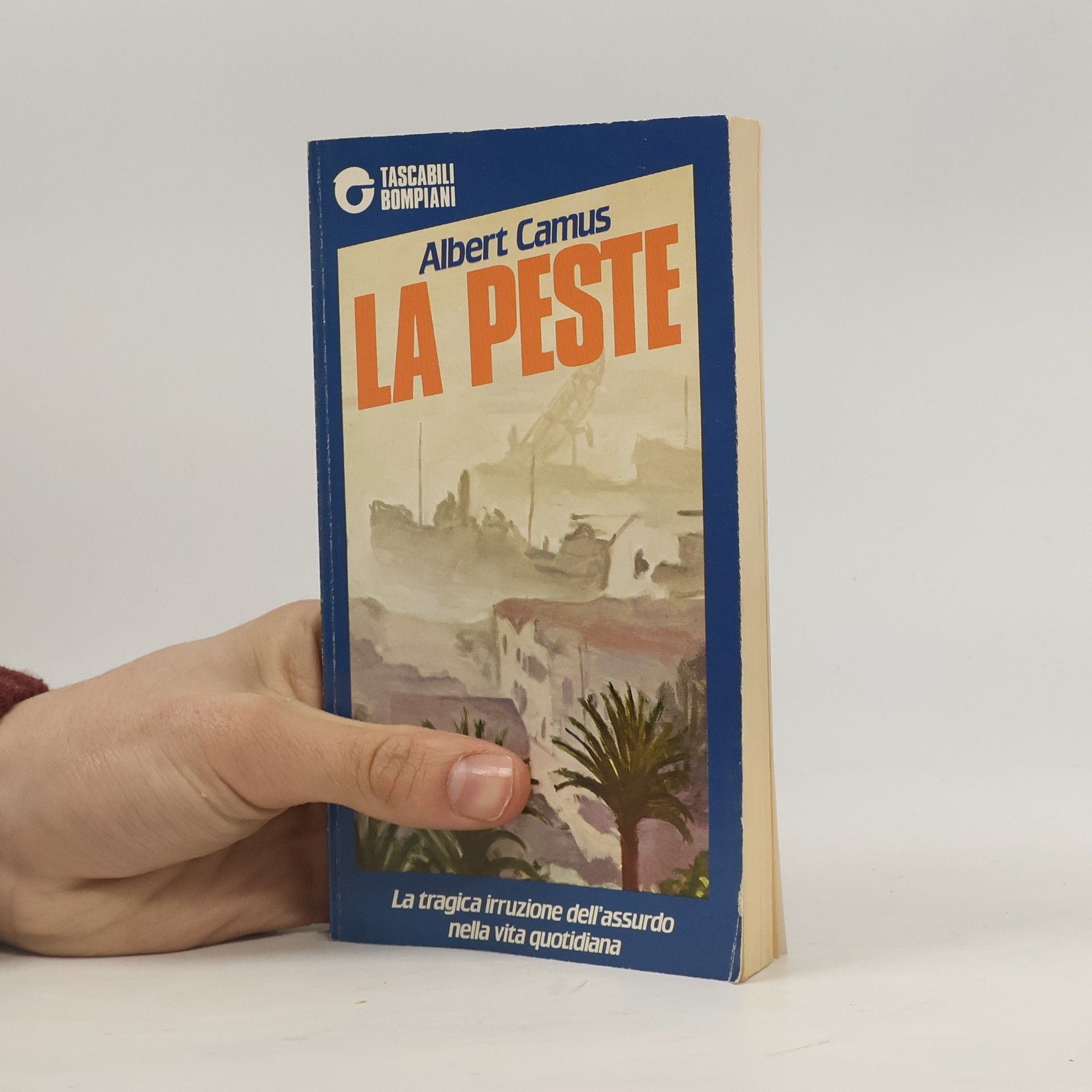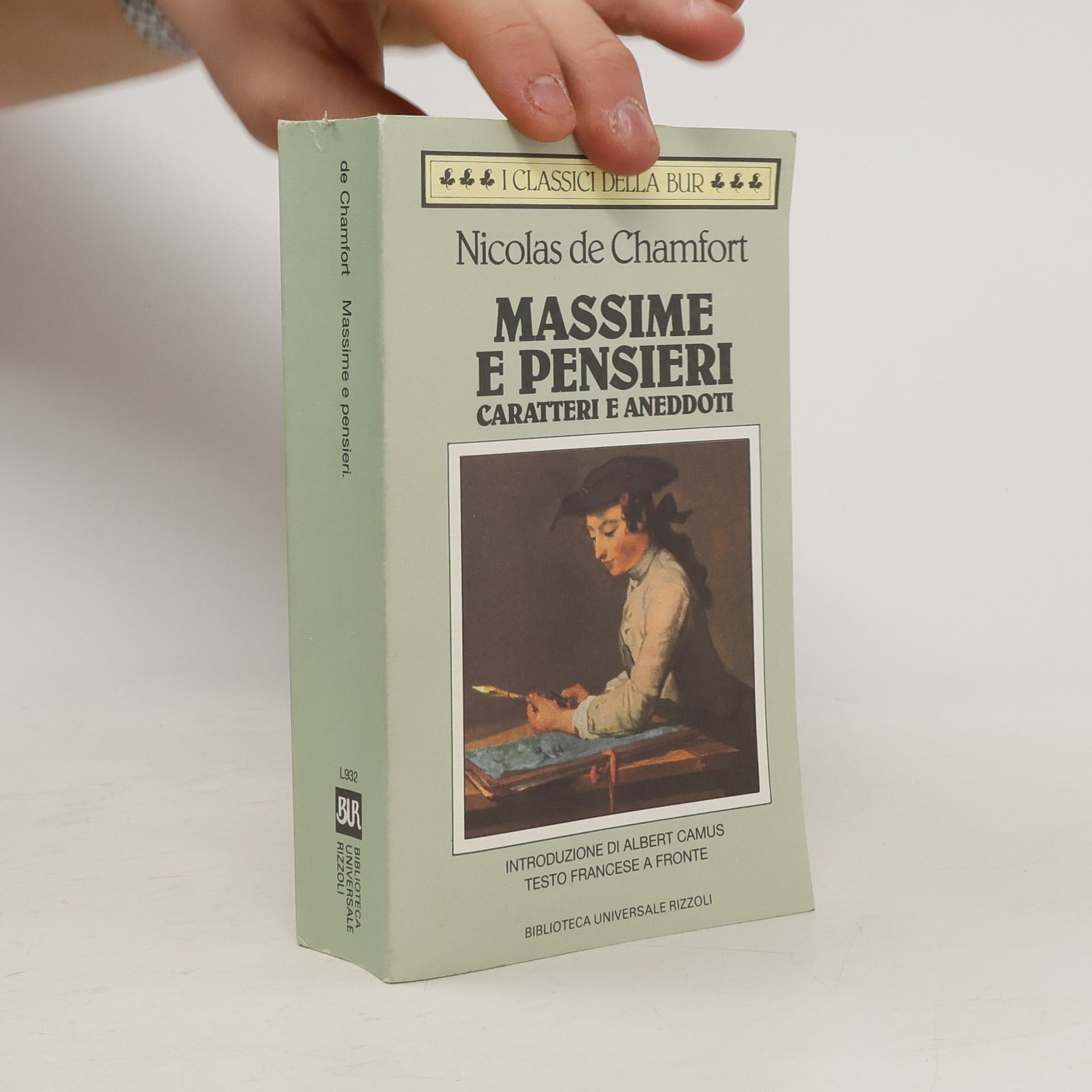Massime e pensieri. Caratteri e aneddoti
- 400pagine
- 14 ore di lettura
Nicolas de Chamfort (1740-1794) incarna le contraddizioni e gli entusiasmi del Secolo dei Lumi, esprimendo uno spirito critico che riflette le cadute dell'intelletto settecentesco. Aristocratico di origine incerta e protetto da figure come il Principe di Condé e Luigi XVI, il suo percorso da libertino di genio a testimone delle malattie morali dell'epoca è segnato da rovesci di fortuna e dall'impegno nella causa rivoluzionaria. La sua raccolta di «Massime e pensieri» offre un acuto ritratto del XVIII secolo, rivelando il lato oscuro e nevrotico di una società in cerca della Verità tra le maschere di una realtà teatrale. Qui si intrecciano le figure della Reggenza, i vagheggiamenti di Marivaux e i liberali di Montesquieu, insieme agli atei del d'Holbach e ai pensatori del «Contratto sociale». Le dense formule di Chamfort, un inventario spirituale dell'Ancien Régime, offrono un'osservazione indipendente sugli eventi che portarono alla Rivoluzione, con intuizioni così vigili da apparire sovrumane. Questo fascino ha attratto lettori come Chateaubriand, Stendhal, Schopenhauer e Nietzsche, rendendolo simbolo dell'ambiguo confronto tra sogno e ragione nella coscienza critica e morale della civiltà moderna.








